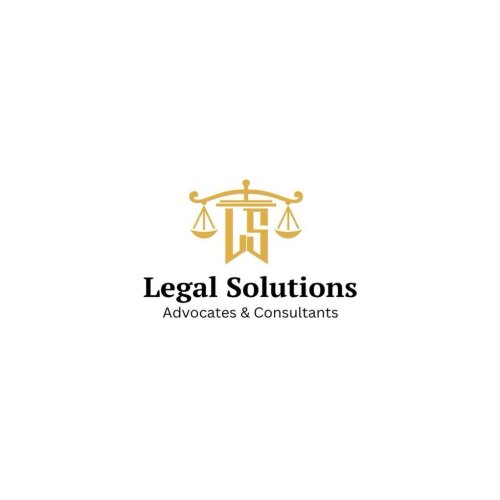Best Collaborative Law Lawyers in Rawalpindi
Share your needs with us, get contacted by law firms.
Free. Takes 2 min.
Free Guide to Hiring a Family Lawyer
List of the best lawyers in Rawalpindi, Pakistan
About Collaborative Law in Rawalpindi, Pakistan
Collaborative law is a legal process used in Rawalpindi, Pakistan, to resolve disputes without going to court. It involves both parties and their lawyers working together to reach a mutually beneficial agreement. This approach can often save time, money, and stress compared to traditional litigation.
Why You May Need a Lawyer
You may need a lawyer in collaborative law cases to ensure your rights are protected, to negotiate on your behalf, and to help you understand the legal process. Lawyers can also provide guidance on the best course of action and help you navigate any complex legal issues that may arise.
Local Laws Overview
In Rawalpindi, Pakistan, collaborative law is governed by the Punjab Family Courts Act 1964 and the Punjab Family Courts Rules 1965. These laws outline the procedures for collaborative law cases, including issues related to divorce, child custody, and property division. It is essential to consult with a lawyer familiar with these laws to ensure your case is handled properly.
Frequently Asked Questions
1. What is collaborative law?
Collaborative law is a process where both parties work together with their lawyers to reach a settlement without going to court.
2. How is collaborative law different from traditional litigation?
Collaborative law focuses on cooperation and negotiation, whereas traditional litigation involves going to court and having a judge make decisions for you.
3. Do both parties need to agree to collaborative law?
Yes, both parties must agree to participate in collaborative law for it to be effective.
4. What happens if we cannot reach an agreement through collaborative law?
If you cannot reach an agreement through collaborative law, you may need to pursue other legal options, such as mediation or litigation.
5. How long does a collaborative law case typically take?
The timeline for a collaborative law case can vary depending on the complexity of the issues involved and the willingness of both parties to cooperate.
6. How much does collaborative law cost?
The cost of collaborative law can vary depending on the specific circumstances of your case and the rates of the lawyers involved. It is essential to discuss fees with your lawyer upfront.
7. Can we use collaborative law for any type of legal dispute?
Collaborative law is primarily used for family law disputes, such as divorce, child custody, and property division.
8. Is collaborative law binding?
If an agreement is reached through collaborative law, it can be legally binding once approved by the court.
9. What are the benefits of collaborative law?
Collaborative law can be faster, less expensive, and less adversarial than traditional litigation. It also allows both parties to have more control over the outcome of their case.
10. How can I find a collaborative lawyer in Rawalpindi, Pakistan?
You can search online for collaborative lawyers in Rawalpindi, Pakistan, or ask for recommendations from friends, family, or other legal professionals.
Additional Resources
If you need legal assistance in collaborative law cases, you may consider contacting the Punjab Bar Council or the Rawalpindi Bar Association for recommendations on qualified lawyers in the area. You can also visit the Punjab Family Court website for more information on collaborative law procedures.
Next Steps
If you require legal assistance in a collaborative law case, it is essential to consult with a qualified lawyer who is experienced in this area of law. Be sure to gather all relevant documents and information related to your case before meeting with your lawyer to ensure they can provide you with the best advice and representation.
Lawzana helps you find the best lawyers and law firms in Rawalpindi through a curated and pre-screened list of qualified legal professionals. Our platform offers rankings and detailed profiles of attorneys and law firms, allowing you to compare based on practice areas, including Collaborative Law, experience, and client feedback.
Each profile includes a description of the firm's areas of practice, client reviews, team members and partners, year of establishment, spoken languages, office locations, contact information, social media presence, and any published articles or resources. Most firms on our platform speak English and are experienced in both local and international legal matters.
Get a quote from top-rated law firms in Rawalpindi, Pakistan — quickly, securely, and without unnecessary hassle.
Disclaimer:
The information provided on this page is for general informational purposes only and does not constitute legal advice. While we strive to ensure the accuracy and relevance of the content, legal information may change over time, and interpretations of the law can vary. You should always consult with a qualified legal professional for advice specific to your situation.
We disclaim all liability for actions taken or not taken based on the content of this page. If you believe any information is incorrect or outdated, please contact us, and we will review and update it where appropriate.











